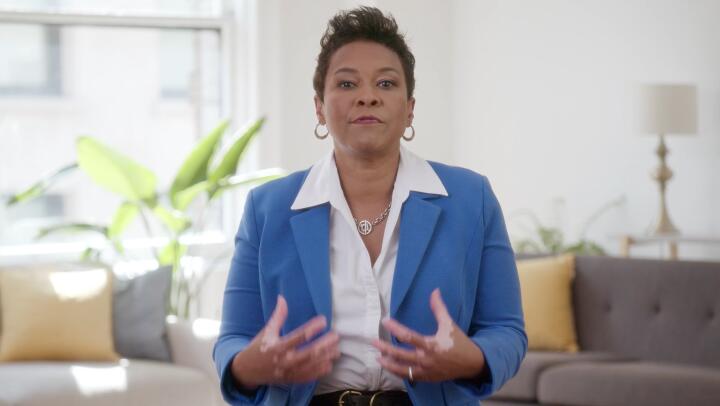
Attention deficit hyperactivity disorder (ADHD) is not just a condition for kids. Many adults also have it. Some simply haven't gotten a diagnosis. They’ve learned to cope with it as best they can.
Have you been disorganized all your life? Do you miss appointments? Have you struggled at school, at work, and with relationships? ADHD always starts in childhood, but parents and doctors don't always detect it. Sometimes that doesn't happen until adulthood.
If this sounds like you—or, if you already know you have ADHD—talk with your doctor about what it means to have ADHD as an adult. It's a talk that could change your life. Living with untreated ADHD increases your risk of substance abuse, depression, and anxiety. ADHD is even a risk factor for traffic accidents.
Symptoms of Adult ADHD
Symptoms of ADHD in adults are similar to symptoms in children, but there are differences. Adults tend to have more attention deficit symptoms and fewer hyperactivity symptoms. When talking with your doctor, mention all symptoms you've had since childhood. Explain how they have affected you at home, school and work. Also, tell your doctor whether you have any of these symptoms as an adult:
- Trouble organizing, starting and completing tasks
- Trouble focusing for any length of time
- Trouble following directions or dealing with a detailed task
- Easily frustrated and impatient
- Disorganized or chaotic lifestyle
- Periods of anxiety or depression
- History of drug or alcohol abuse
Diagnosing Adult ADHD
Getting a diagnosis of ADHD can be a big relief. Most adults with ADHD have struggled with the symptoms since they were kids. Now, they can get treatment.
To decide if you have ADHD, your doctor will start by going over your life history. The doctor also will do a complete exam. This will help rule out other possible causes for your symptoms. Your doctor might also have a mental health expert help with the diagnosis.
The doctor will use several guidelines to figure out if you have adult ADHD. Each has a set of questions for you to answer. The results will show whether you should have an ADHD diagnosis. The guidelines include:
- Conner’s Adult ADHD Rating Scale: This scale includes 30 questions. They ask, for instance, if you lose things needed to complete tasks. Or, if you feel restless inside even if you're sitting still. You answer on a four-point scale, ranging from “not at all” to “very much, very frequently.”
- Copeland Symptom Checklist for Adult ADHD: This test involves eight areas related to ADHD. They include inattention, distractibility, impulsivity, problems with underachievement, disorganization, emotional troubles, poor peer relations, family problems, and more.
- Brown Adult ADHD Scale: This consists of 40 questions. It asks how often you might “space out,” how forgetful you are, and whether you can stay focused while reading. It also asks how well you control your emotions and how severe your outbursts are. You give answers on a scale of 1 to 3 or 1 to 4.
Treatment of Adult ADHD
There is no cure for ADHD. However, treatment makes things better for most adults with the condition.
Stimulant drugs are the first line of treatment. For adults with ADHD, some antidepressants also may be helpful. Besides medication, most adults are helped by working with a mental health therapist. This could include counseling, education, and behavioral coaching. Joining an adult ADHD support group also can help. Be sure to talk with your doctor about what options would be best for you.
If your doctor wants to prescribe medication, you will need to talk about several issues. These include:
- Stimulant drug side effects: These drugs are effective. However, they can have side effects. They also can be addictive, especially if you have substance abuse in your past. Make sure your doctor knows if you've ever had problems with drugs or alcohol.
- Atomoxetine: This is a newer, non-stimulant drug. The U.S. Food and Drug Administration approved this drug for children with ADHD. Adults also use it. You have less chance of becoming addicted with this drug.
- Antidepressants: Ask your doctor if these might help you. You should discuss how they compare with the other drug options.
- Your other medications: Drugs to treat ADHD can interfere with other drugs you take. Tell your doctor about all drugs you take and all medical problems you have. Be sure to tell your doctor if you are being treated for heart disease, high blood pressure, diabetes, depression, or anxiety.
Learn More
Work with your doctor to learn as much as you can about ADHD. Together, you can get your life to a better place. To start to learn more about ADHD on your own, read these articles:










